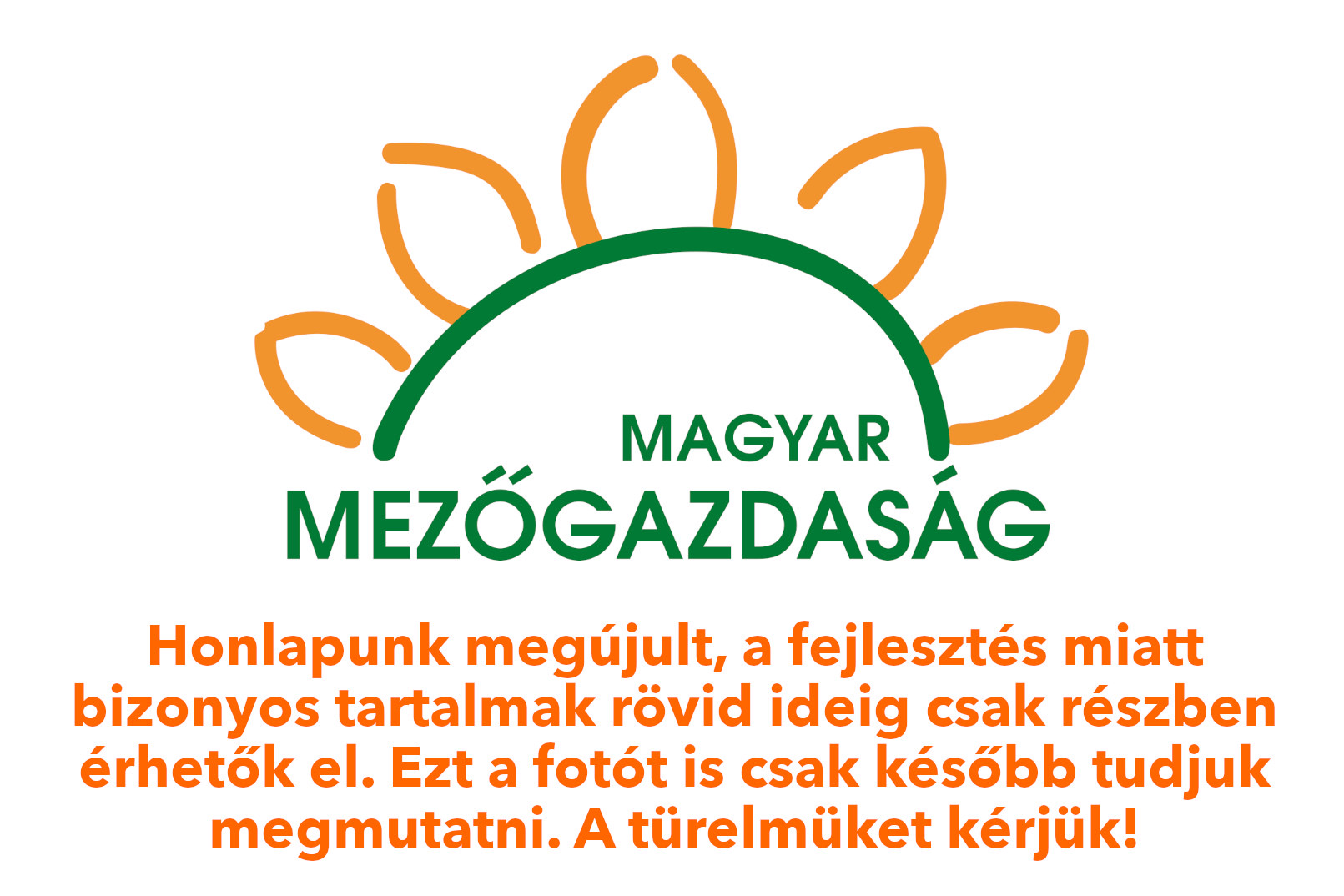12 Central and Eastern European countries have reported new cases in the recent period, so it seems that the situation of African swine fever in wild boar herds has not been resolved yet. In November, Romania’s Animal Health Authority recorded another outbreak of African swine fever in a commercial farm.
According to the latest official report from the World Organization for Animal Health (WOAH), a herd of more than 42,400 pigs has been affected in the western part of the country. 35 animals died at the site in Timis County, which borders Hungary and Serbia. In addition, the ASP virus was detected in three backyard herds in the same part of Romania and six in other parts of the country, ranging from 1 to 57 pigs. At the end of October, pigs tested positive for the ASP virus at two finished product production plants in eastern Romania.
European situation ASP
Since January 1, the number of confirmed cases of infection in domestic pigs has reached 478 in Europe.
This is evidenced by the summary of the European Commission’s Animal Disease Information System (EC; status as of 4 November).
So far this year, 12 European countries have officially registered one or more cases of ASP in the system. For comparison: In the whole of 2021, 11 European countries recorded a total of 1,874 outbreaks of ASP with the European Commission.
In 2022, the most outbreaks were recorded in Romania (286), and 13 more outbreaks were confirmed in the previous weeks. It is followed by Serbia – which has now recorded 99 outbreaks – and North Macedonia (28).
In mid-November, Lithuania also reported another domestic pig case to the committee, bringing the total number of cases in the country to 16 this year. This was the first case since September 20th.
Recently, the Moldovan authorities officially announced that Floresti’s ASP status has been resolved. Here, between mid-August and the end of September, ASP virus was directly detected in a total of 12 pigs in three backyard herds.
Guernsey restricts pork imports
This week the Guernsey government announced new restrictions on the import of pork and pork products. These were introduced to reduce the risk of introducing the ASP virus. Guernsey, which belongs to the United Kingdom, is one of the Channel Islands off the southern coast of England.
Under the latest restrictions, the maximum amount of pork for human consumption or animal feed that can be imported from Europe (excluding the UK) is 2kg. Imported meat must be in closed packages sealed by the manufacturer.
There is no limit to the amount of pork that can be marketed, but it must be imported or delivered by a food company registered in Guernsey, and can only be marketed in its original sealed packaging with a health label.
In Europe, the number of cases detected in wild boars is approaching six thousand
According to the November 4 update of the European Commission’s Epidemiological Information System, 5,990 cases of wild boar disease have occurred among wild boars in Europe this year so far.
One or more epidemic outbreaks have been recorded in 14 countries of the continent.
Within wild populations, in 2022 Poland had the highest number of outbreaks in the European Community (1654), followed by Germany (1348), Latvia (725), Hungary (497), Slovakia (471) and Romania (386). Other outbreaks have been reported in these countries since the October 28 update.
Bulgaria, Estonia, Italy, Lithuania and Serbia also reported new cases.
By comparison: in 2021, a total of 12 countries reported one or more confirmed cases of ASP in wild populations to the European Community – a total of 12,150 outbreaks.
It should be known that the European Commission does not monitor the epidemiological situation in Russia, but in November, six wild boars in Rostov tested positive for the ASP virus. According to WOAH notifications, this was the first case in this area of the Russian province since September.
local mode
Restrictions due to African swine fever continue in our country. the Nabih site You can familiarize yourself with settlements subject to restrictions, as well as settlements with a low, medium and high risk rating, since there may be areas with different restrictions in the administrative district of a settlement. The official local veterinarian can provide detailed information on the exact procedures.
the An interactive map of Nabih According to the situation on November 25, 2022, they are as follows:












































